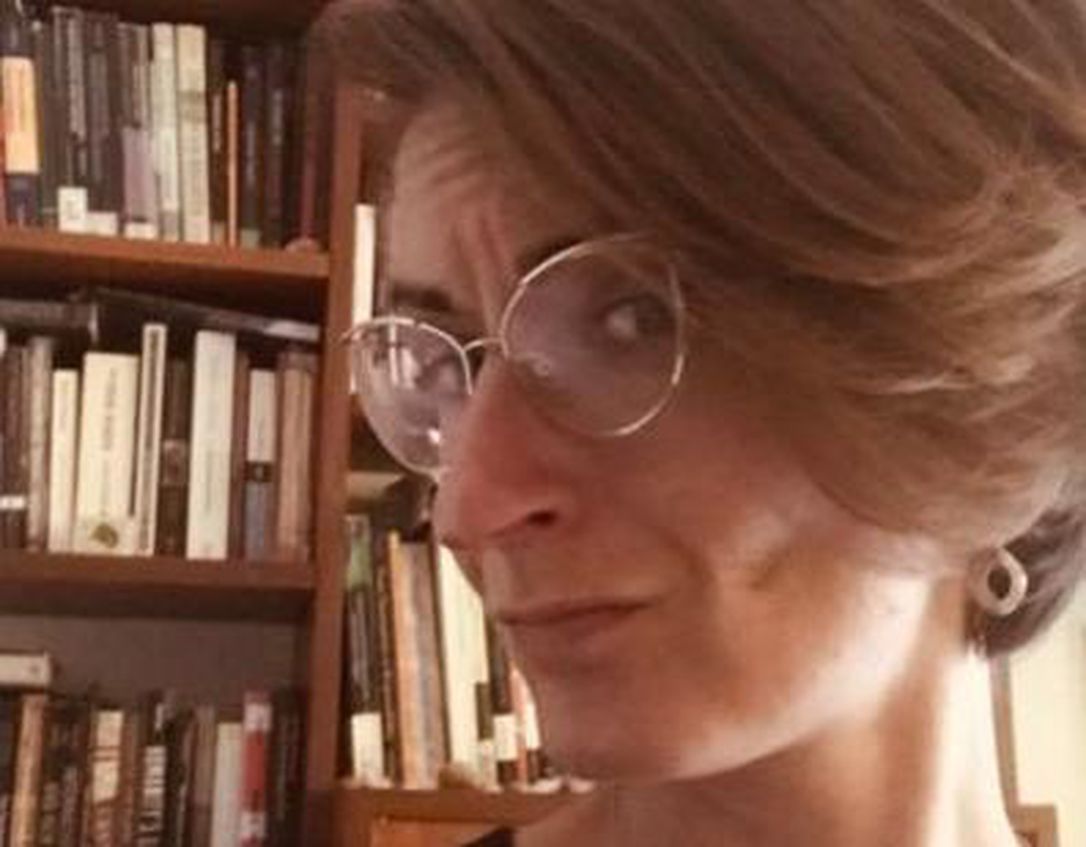The faculty advisory board of the International Human Rights Program (IHRP) at the University of Toronto’s Faculty of Law has resigned following a controversy over the hiring of a new….

The faculty advisory board of the International Human Rights Program (IHRP) at the University of Toronto’s Faculty of Law has resigned following a controversy over the hiring of a new director for the program.
Edward Iacobucci, dean of the prestigious law school, has come under fire, accused of rescinding an offer of directorship to prominent international academic Valentina Azarova.
Several national and international scholars wrote to the university to express their consternation that the reversal came after reports of pressure from a sitting judge — a major donor to the faculty. He reportedly expressed concerns in private over Azarova’s past work on the issue of Israel’s human rights abuses in Palestine. All the letters mentioned here have been seen by the Star.
“The recent search for an executive director has generated substantial controversy, including allegations of outside interference in the hiring process,” Vincent Chiao, Trudo Lemmens and Anna Su, three members of the faculty advisory committee, wrote to Iacobucci on Wednesday. “We are disappointed by this outcome, the lack of fair process, including the failure to provide reasons for the decision taken.”
Audrey Macklin, who chaired that committee, and was part of the selection panel that unanimously found Azarova the best candidate for the job, resigned from the board last week.
In a statement to the Star, the university cited confidentiality in personnel matters, but said, “We can confirm that no offer of employment was made to any candidate, and therefore, no offer was revoked. The Faculty of Law has cancelled the search. No offers were made because of technical and legal constraints pertaining to cross-border hiring at this time,” said Kelly Hannah-Moffat, vice-president of human resources and equity. Azarova, who is based in Germany, declined to speak to the Star.
But a letter to Iacobucci from two past directors of the IHRP on Sept. 12 contradicts the university’s assertion that no offer of employment was made.
“Azarova — the hiring committee’s top candidate — accepted the faculty’s offer in mid-August,” wrote Carmen Cheung and the most recent director, Samer Muscati. “The Faculty of Law put Dr. Azarova in touch with immigration counsel to advise her on her options for securing a permit to work in Canada, and Dr. Azarova began planning to move with her partner from Germany to Toronto, where her stepchildren reside.”
Azarova has taught law and international law and has worked to establish human rights enforcement mechanisms in Europe and beyond and has consulted for United Nations fact-finding missions, among other accomplishments.
The dean cited confidentiality, and offered one statement to faculty at a meeting on Monday and to individual letter writers. “The uninformed and speculative rumours have reached such a level that, no offer of employment having been made, the University has decided to cancel the search for a candidate at this time.”
Letters to the university from international scholars, members of an alumni steering committee and other faculty strongly condemned what they saw as “improper external pressure” and “impropriety of such interference by alumni.”
“The mere perception of interference has the potential to undermine the integrity of the Faculty of Law’s hiring process and the reputation and future work of the IHRP,” says a letter from two co-chairs of the IHRP Alumni Steering Committee.
Cancelling the search effectively maintains the status quo that the IHRP remains without a permanent director.
Trudo Lemmens of the faculty advisory committee said he was hoping for a firm statement either confirming an attempt to interfere — and detailing the university’s response — or refuting the allegations.
“As a faculty member of an academic institution which values academic freedom and human rights issues, I have no clear understanding of why the appointment didn’t take place. That’s why I joined colleagues in resigning because I’m not in a position to firmly defend the process and the decision. This is particularly important because I so strongly believe in the value of the program and the integrity of the program.”
A professor at U of T Law said: “He (the dean) alludes to the rumours but he does not deny them. Of course, we can only speculate — we don’t know what the person told him and what he did. If there’s no basis for this rumour, we’re misinformed. So please inform us.
“That carefully crafted lawyerly response is non-responsive.”
The IHRP has been without a permanent director for more than a year. Academics and legal experts who are familiar with Azarova’s work told the Star she was a perfect candidate.
“She’s a human rights practitioner in a wide variety of areas,” said Itamar Mann, associate professor, the University of Haifa Faculty of Law, who worked closely with Azarova at the non-profit Global Legal Action Network on migration and refugee issues in Europe.
She is a fellow at the Manchester International Law Centre, University of Manchester, speaks multiple languages and has lived in the Middle East and Africa.
The university program itself is known to offer learning opportunities for students, exposing them to national and international human rights concerns.
Professors told the Star that while even controversial views cannot be censored, those espoused by Azarova are not radical and adhere to mainstream legal consensus on Israeli settlements in Palestinian territories.
“Her criticism of Israel is extremely legitimate within Israel,” Mann said. “It’s a criticism that I share. It’s a criticism of long-standing human rights violations of international law, primarily through the project of settlements which is unquestionably illegal and that’s the kind of majority position around the world. It’s not an exotic position to take at all.
“Even from the perspective of people who imagine themselves as helping defend or support Israel, I think this would be a grave mistake.
“Being able to debate is an essential part of democracy.”
